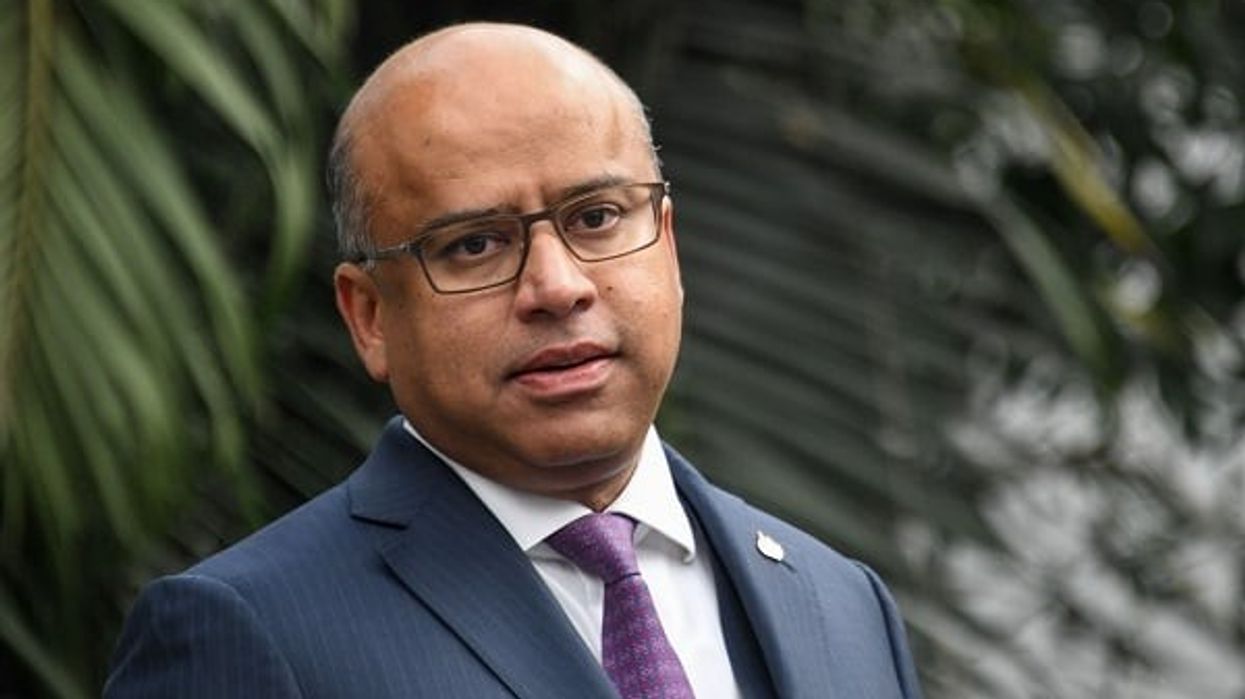BRITAIN’S metals magnate Sanjeev Gupta said his GFG Alliance made “great progress” despite the fall of Greensill Capital which was instrumental in his business expansions.
His comments came after Liberty Steel’s US arm announced the resumption of operations at its Georgetown plant in South Carolina.
Liberty Steel is part of GFG which has interests in metals and financial services with a worldwide employee count of 35,000.
“In just 10 months since Greensill collapsed, we’ve made great progress”, Gupta claimed, referring to the restructuring of his businesses and refinancing efforts after the financial services company folded up earlier this year.
“We completed the first phase of debt restructuring in Australia and injected fresh capital into our UK steel business. We have better integrated our downstream assets with our major production hubs and strengthened industrial relations through the formation of the European Works Council”.
He said Liberty’s restructuring and transformation committee “has helped tighten our focus on governance, adding expertise and accountability to our decision-making…”
A UK parliamentary panel had last month called for an investigation into the corporate governance model of GFG, which, it felt, posed a "systemic risk" to the country’s steel industry.
On Monday (6), Gupta said, “the strides we’ve taken have enabled our core businesses to capitalise on strong markets and deliver record production volumes and profitability”.
Liberty’s US facility which was shut down following the outbreak of the pandemic is set for restart more than a month after the steel maker relaunched its operations at Rotherham in the UK.




